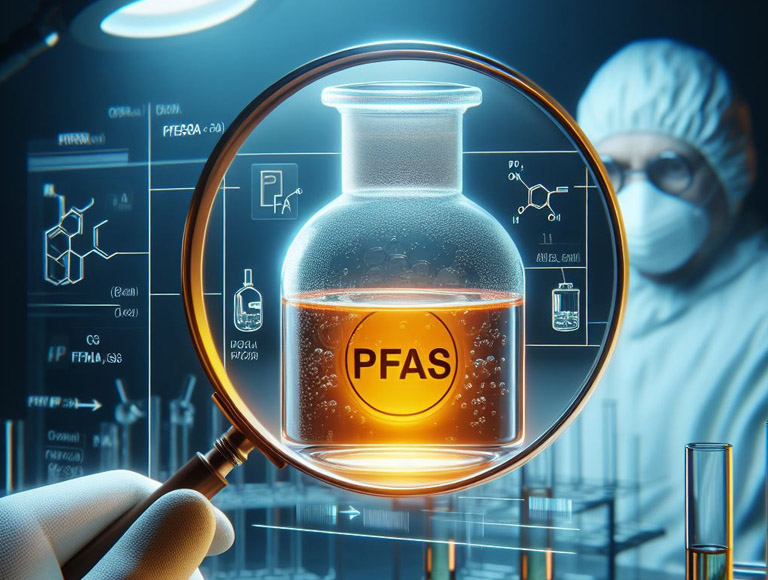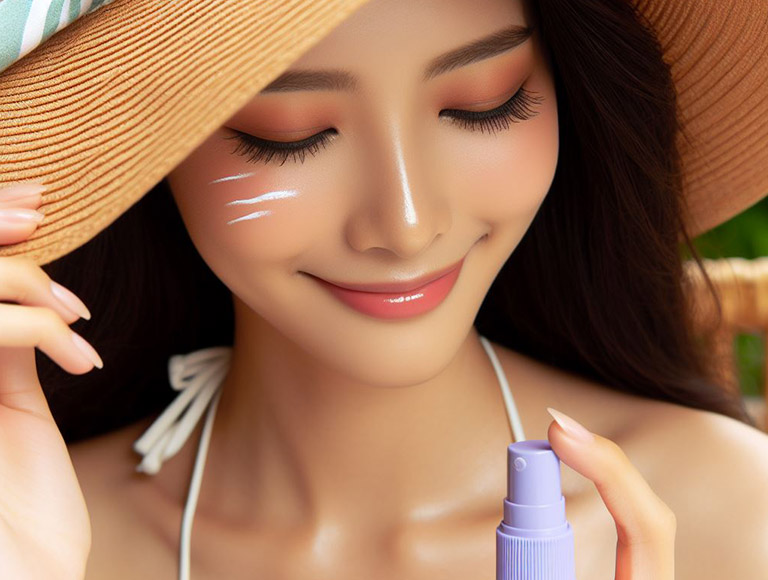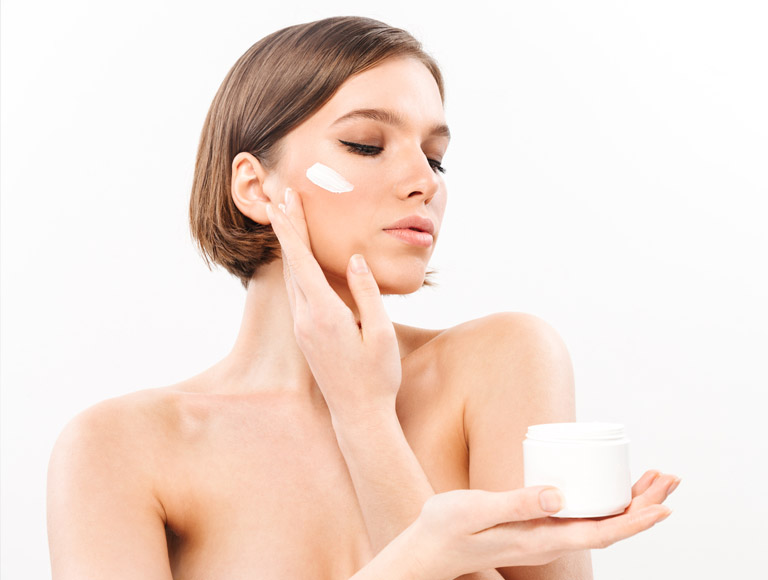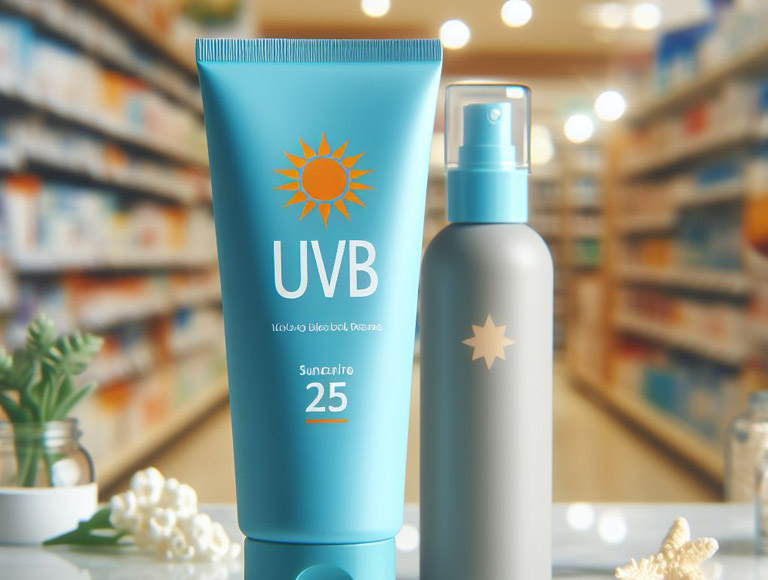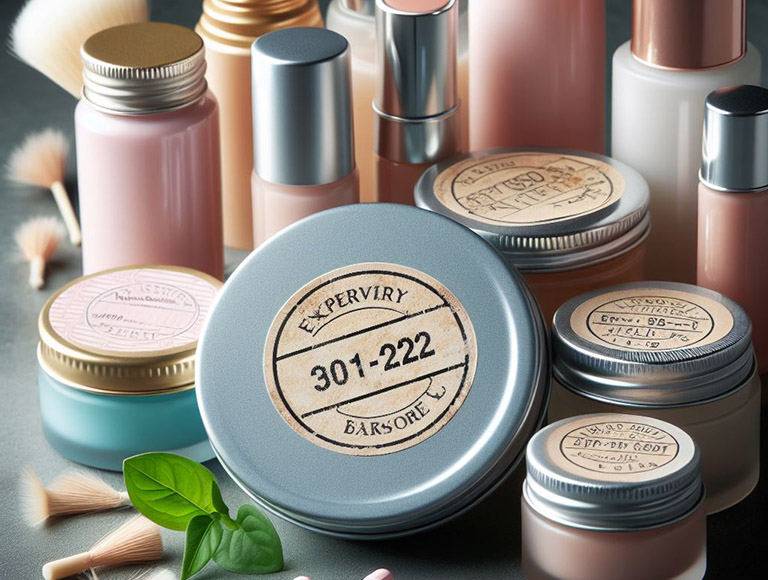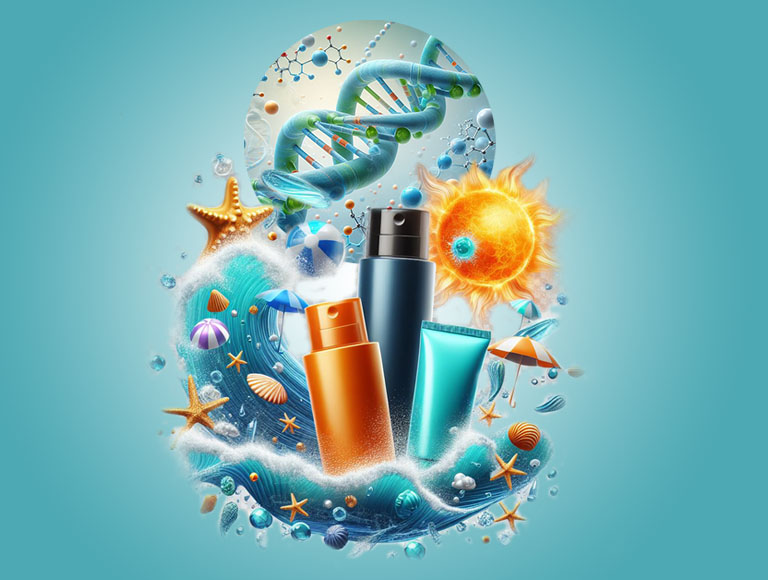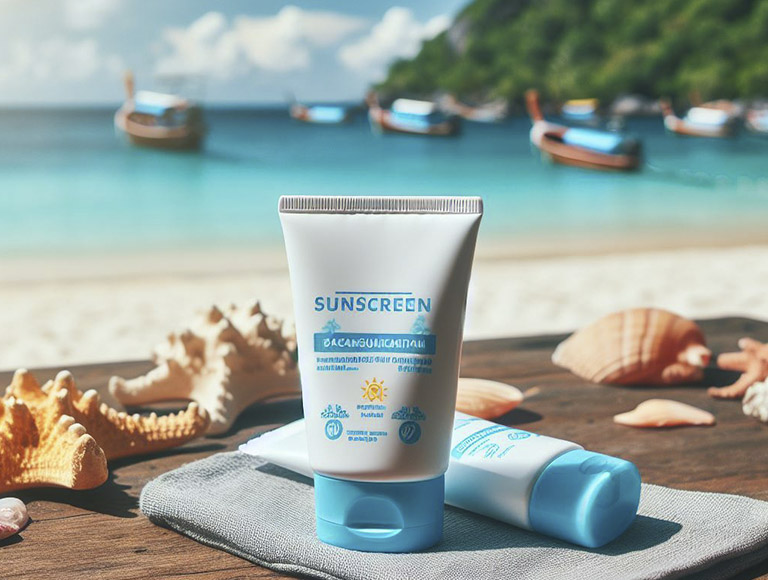Nitrosamines are chemical compounds that can be present as contaminants in various products, including foods (such as certain beverages), tobacco, rubber and cosmetics. Some of these nitrosamines, such as N-nitrosodiethanolamine (NDELA) and N-nitrosodimethylamine (NDMA), are classified as category 1B carcinogens. Cosmetic products containing nitrosamines, including NDELA, are prohibited by European cosmetic regulation (EC) No. 1223/2009, and its Annex III refers to…



